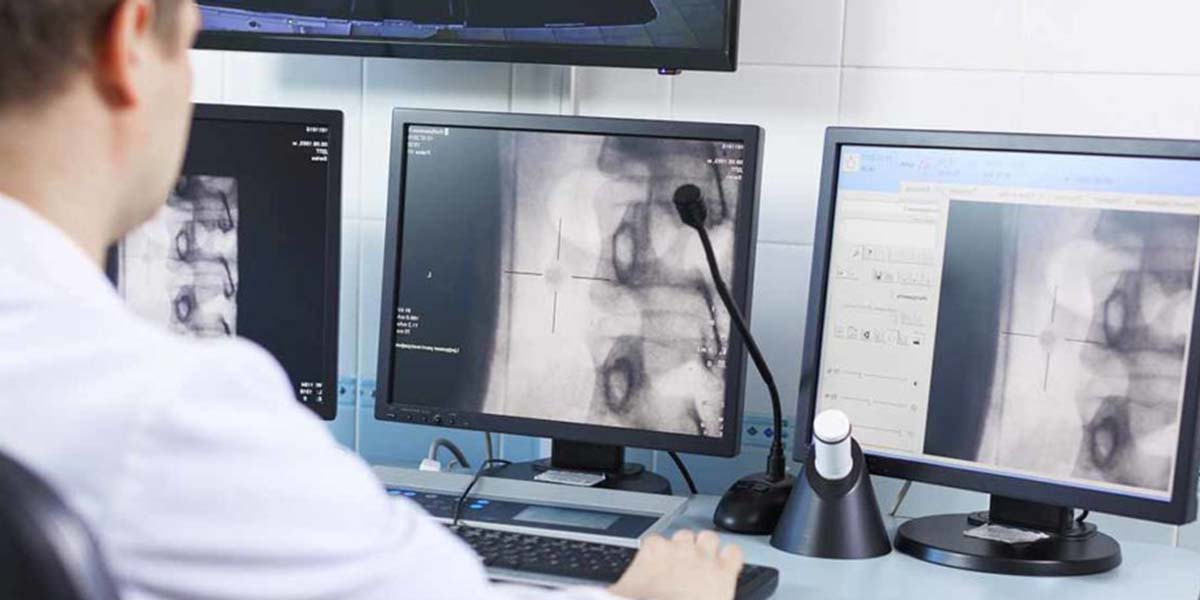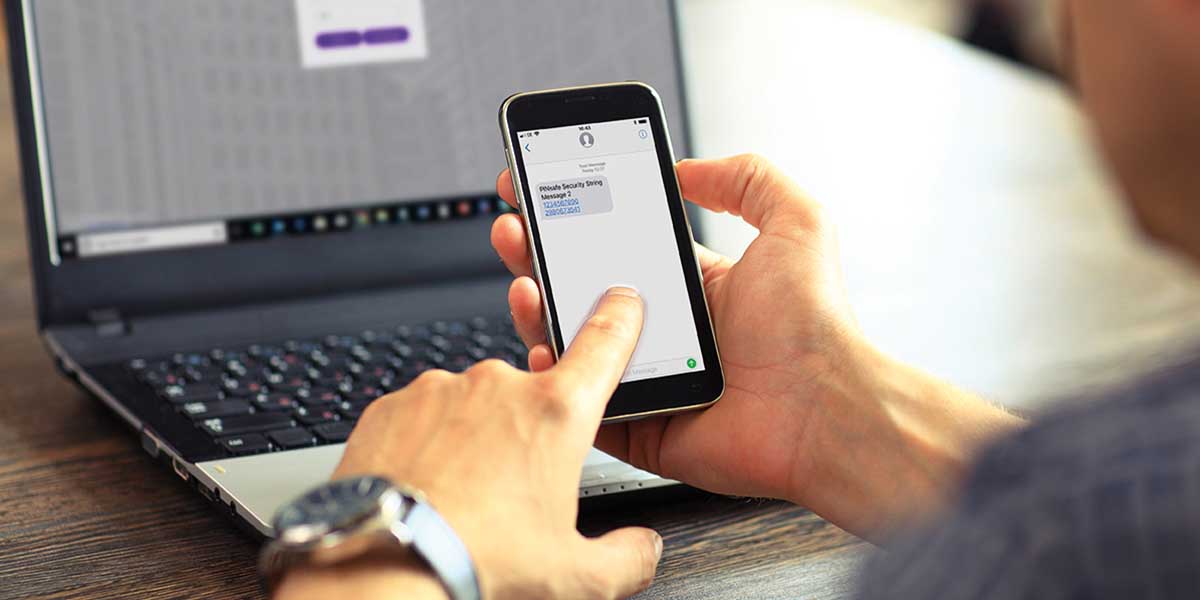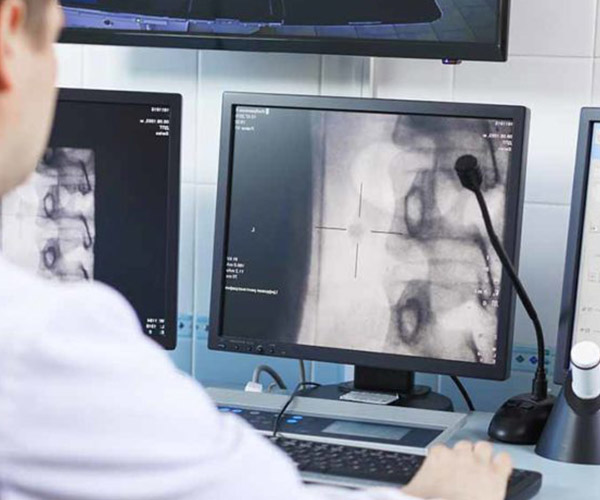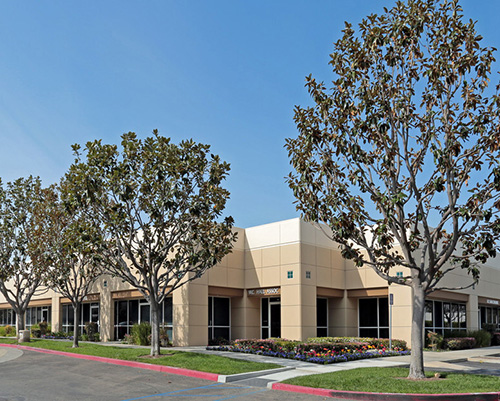How to secure patient data without overhauling your working practices
Healthcare organizations can store the data of thousands of patients. Confidential information like names, addresses, and personal medical information. That private patient data is worth a lot of money to hackers. It is this wealthy online database, coupled with network security that’s often inadequate, that has made the healthcare industry the biggest target for cyberattacks.
The challenge facing hospitals that need to improve their network security is that healthcare staff are simply too busy with their primary roles to leave no time for security measures and checks. They need their work to be as seamless as possible to work to tight schedules. Overhauling the working routines that healthcare staff are familiar with in favor of a new security process is impractical, and could cause more damage than good in a time-critical industry.
A busy environment, plus the need for organizations to be HIPAA and GDPR compliant, makes the task of securing patient data complicated. Here are four ways of choosing the right patient data protection solution that can work for your healthcare organization.
Become HIPAA and GDPR compliant with secure software
Any organization that deals with medical records in the US have a duty to become HIPAA (Healthcare Insurance Portability and Accountability Act) compliant – protecting confidential patient data from being shared with or accessed by unauthorized users. HIPAA compliance requires US healthcare organizations to put suitable ‘technical safeguards’ in place to make sure their data is protected and provides a solid benchmark for any organization in the healthcare industry worldwide. Companies that fail to comply risk finding themselves with a substantial fine.
General Data Protection Regulation (GDPR) also asks for strict data security measures to be put in place. The regulation says that any company that holds Personally Identifiable Information for EU citizens must provide reasonable protection for the data – and this significantly affects healthcare organizations, which have thousands of patients’ data on record.
Data-protection regulations provide a different challenge to healthcare organizations than those of cyberattacks – but the financial implications can be just as damaging. Hospitals need to invest in secure solutions to protect their information, helping to save on costs long-term for failing to meet government standards.
IT staff have to keep their organization’s data secure. So, any solution that is simple to integrate and get staff up-to-speed with will save plenty of time and effort. Solutions like Multi-Factor Authentication (MFA) integrate with a range of devices, to complement the way an organization likes to work. This is easier to roll out to hospital staff as it does not steer too far from their existing working patterns. MFA asks users for multiple login credentials, like a password plus a one-time code (OTC), to stop unauthorized users from accessing patient data.
Swivel Secure’s AuthControl Sentry® keeps patient data exclusive to staff using Risk-Based Authentication (RBA). The solution assesses the risk of each login attempt, based on factors like IP address, location, and the device being used to access the network. If a user’s activity is deemed unusual, they’ll be asked for a higher level of authentication for added security.

Choose a solution that integrates with your existing software
Time is invaluable to healthcare staff. Packed schedules mean they can’t afford to add new processes into their daily workflow. They need to use software and medical devices fluently to work to tight deadlines. So, it’s important to keep tasks consistent while improving network security, and IT staff should invest in a solution that causes as little disruption as possible.
Solutions like Swivel Secure’s AuthControl Sentry® software integrate with systems including Office 365 – to better protect patient data, without drastically changing the way staff already work. This makes the process easier for the help desk, who won’t have to train staff on completely new systems, but just need to roll out an extra step or two to tighten up network security.
Outdated legacy systems are often incompatible with new authentication solutions or can’t update to get authentication support. But Swivel Secure can tie many of these existing systems together with secure MFA, without introducing brand new software for staff to learn. This smooth integration makes it easier for entire organizations to get used to new healthcare security measures, working within systems they’re already familiar with.
MFA only requires an extra few seconds for users to log in to the network, and Swivel Secure’s Single Sign-On (SSO) solution lets users securely access multiple systems using only a single log-in. Making it a hassle-free solution for healthcare organizations.

Use a solution that integrates seamlessly with all devices, including mobile
Healthcare workers are rarely sat at a desk. They’re constantly on the move, working from any nearby or remote device that they can access – including mobile devices. Medical records often need to be shared or accessed instantly, but healthcare organizations cannot compromise on security.
Patient data protection needs to work consistently across all devices and users. Installing secure MFA across your network allows users to access data remotely in a way that’s convenient for them, without risking data hacks. Hospital staff can verify their login credentials using a mobile app, SMS code, hard token or another MFA verification method – to access patient data on any device needed.
Swivel Secure’s AuthControl Sentry® uses RBA to automatically manage third-party access. Healthcare staff need to use multiple devices daily, which can cause third-party access risks. But by limiting access by device type, time of day, IP address and more, hospitals can prevent unauthorized users from accessing the network. Automating this process also takes one extra worry away from the IT desk, and frees them up to tackle other network security issues.
Invest in software that works for your company
Any healthcare organization investing in data security needs to consider the way their staff work, and how the company operates. Introducing data-protection solutions that clash with how an organization runs can be costly and inefficient.
Hospitals may wish to invest in an MFA hardware token solution – equipping staff with a key fob token that provides a one-time log-in code to securely access a patient portal. Hardware tokens are single, small fobs that don’t require additional devices like mobile phones to receive a log-in code. But they’re a more expensive option for large companies, with the risk of constantly replacing lost key fobs.
Token-less MFA solutions include SMS or mobile-app options, and simply provide users with a one-time code when they need to log in to a patient portal. This is quick and easy for staff that carry a mobile at work. Tools like Swivel Secure’s PINsafe offer a cost-effective solution to large organizations – combining the use of a registered PIN with 10-digit security strings that are sent by SMS, Mobile app, or web, and avoids the hassle of IT staff replacing lost tokens.
Swivel Secure’s AuthControl Sentry® solution offers both token and token-less options – and can help with efficiency too, as it is intuitive to use. AuthControl Sentry® lightens the workload on the IT desk by providing hospital staff with the ability to change or reset their PIN and re-provision their own mobile app account (it will have to have been originally provisioned by an administrator). Hardware token users can also re-sync their token without having to call for help.
Get more tips on protecting your patients and their sensitive data against the threat of online attacks:





